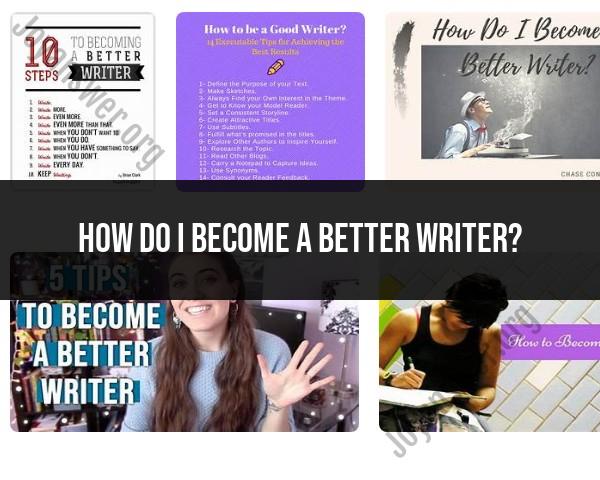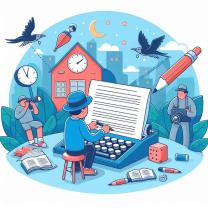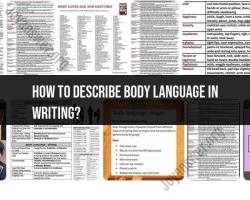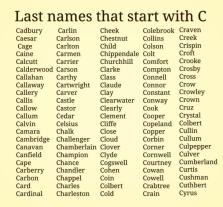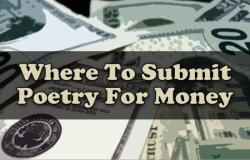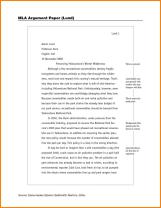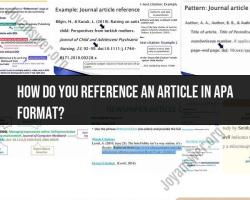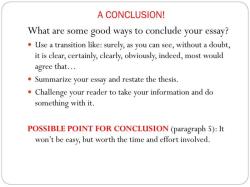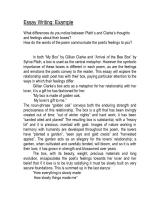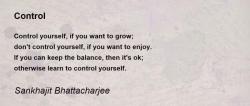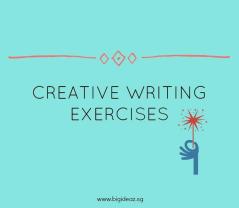How do I become a better writer?
Becoming a better writer is a continuous process that involves practice, learning, and self-reflection. Here are some tips to help you develop and refine your writing skills:
Read Regularly:
- Read a variety of materials, including books, articles, essays, and more. Exposure to diverse writing styles and genres will expand your vocabulary and improve your understanding of effective writing techniques.
Write Every Day:
- Establish a consistent writing routine. Practice is essential for improvement. Set aside dedicated time each day to write, whether it's journaling, creative writing, or working on a specific project.
Expand Your Vocabulary:
- Actively work on expanding your vocabulary. Learn new words and explore their usage in different contexts. A rich vocabulary adds depth and nuance to your writing.
Learn Grammar and Punctuation:
- Review and strengthen your understanding of grammar and punctuation rules. Solid knowledge of these fundamentals is crucial for constructing clear and effective sentences.
Take Writing Courses:
- Enroll in writing courses to receive structured guidance. Many universities and online platforms offer courses covering various aspects of writing, from grammar and style to creative writing techniques.
Seek Feedback:
- Share your work with trusted peers, mentors, or writing groups. Constructive feedback can provide valuable insights and help you identify areas for improvement.
Edit and Revise:
- Develop strong editing and revising skills. After completing a draft, take the time to review and refine your work. This process will enhance clarity and coherence.
Imitate Great Writers:
- Choose a writer whose style you admire and analyze their work. Experiment with incorporating elements of their style into your writing. This can be a valuable exercise in learning different writing techniques.
Read Writing Guides:
- Explore writing guides and style manuals. Books like "On Writing Well" by William Zinsser and "The Elements of Style" by Strunk and White offer practical advice and insights into effective writing.
Write in Different Genres:
- Experiment with writing in different genres. Whether it's fiction, nonfiction, poetry, or essays, trying various forms of writing can broaden your skills and help you discover your strengths.
Set Writing Goals:
- Establish specific and achievable writing goals. Whether it's completing a certain number of words per day or finishing a short story by a specific date, goals provide direction and motivation.
Read Aloud:
- Read your writing aloud to yourself. This can help you identify awkward phrasing, errors, and areas where improvements can be made. Hearing your words can offer a fresh perspective.
Stay Curious and Inquisitive:
- Stay curious about the world around you. Being inquisitive and observant can inspire new ideas and perspectives for your writing.
Join Writing Communities:
- Connect with other writers through writing communities or online forums. Engaging with fellow writers can provide support, inspiration, and opportunities for collaboration.
Be Patient and Persistent:
- Improvement in writing takes time. Be patient with yourself, celebrate small victories, and stay persistent in your commitment to becoming a better writer.
Remember that every writer's journey is unique, and there is always room for growth and development. Embrace the learning process, stay open to feedback, and continue refining your skills through regular practice and exploration.
What strategies and exercises can help someone become a better writer?
Strategies and Exercises to Become a Better Writer:
Developing Strong Writing Fundamentals:
- Grammar and Mechanics:
- Review and practice basic grammar rules, punctuation, and sentence structure.
- Leverage online tools like Grammarly or ProWritingAid to identify and correct errors.
- Participate in online courses or workshops focused on grammar and mechanics.
- Vocabulary Building:
- Read extensively across different genres to encounter new vocabulary in context.
- Utilize flashcards and vocabulary apps to learn new words and definitions.
- Actively incorporate new vocabulary into your writing to expand your range.
Enhancing Writing Style and Clarity:
- Vary Sentence Structure:
- Avoid repetitive sentence structures.
- Experiment with different sentence lengths and types for variety and rhythm.
- Use Strong Verbs and Vivid Adjectives:
- Replace weak verbs and generic adjectives with stronger alternatives for impact.
- Show, Don't Tell:
- Use vivid language and sensory details to paint a picture for your reader.
- Avoid directly stating emotions or descriptions.
Practicing Revision and Editing:
- Don't Submit Your First Draft:
- Give yourself time to revise and edit your work. Take breaks for fresh perspective.
- Read Aloud:
- Identify awkward phrasing, unclear passages, and sentence structure issues.
- Get Feedback from Others:
- Share your work with trusted friends, writing groups, or beta readers for constructive criticism.
Nurturing Creativity and Inspiration:
- Keep a Journal:
- Explore your thoughts and ideas freely.
- Develop your writing voice and capture inspiration.
- Engage in Creative Activities:
- Immerse yourself in art, music, nature, or other activities that spark creativity.
- Read Diversely:
- Explore different genres and authors to broaden your perspective and discover new styles.
Additional Strategies and Exercises:
- Write Regularly:
- Set aside dedicated writing time, even if it's short, to build fluency and stamina.
- Participate in Online Communities:
- Connect with other writers for support, feedback, and shared experiences.
- Seek Mentorship:
- Find a mentor or writing coach for guidance, feedback, and valuable insights.
- Analyze Great Writing:
- Pay attention to successful writers' techniques and language choices.
- Experiment with Different Genres:
- Try writing in various forms like fiction, poetry, or essays to discover your strengths.
- Attend Writing Workshops and Conferences:
- Learn from experienced writers and develop your skills.
- Challenge Yourself:
- Step outside your comfort zone and try new writing exercises and styles.
Remember:
- Be Patient and Persistent:
- Writing improvement takes time and consistent effort.
- Celebrate your progress and learn from setbacks.
- Enjoy the Process:
- Find the joy in writing and expressing yourself creatively.
- Never Stop Learning:
- Continuously seek new resources and opportunities to improve your writing skills.
By implementing these strategies and exercises into your writing practice, you can steadily enhance your writing abilities and achieve your writing goals.
